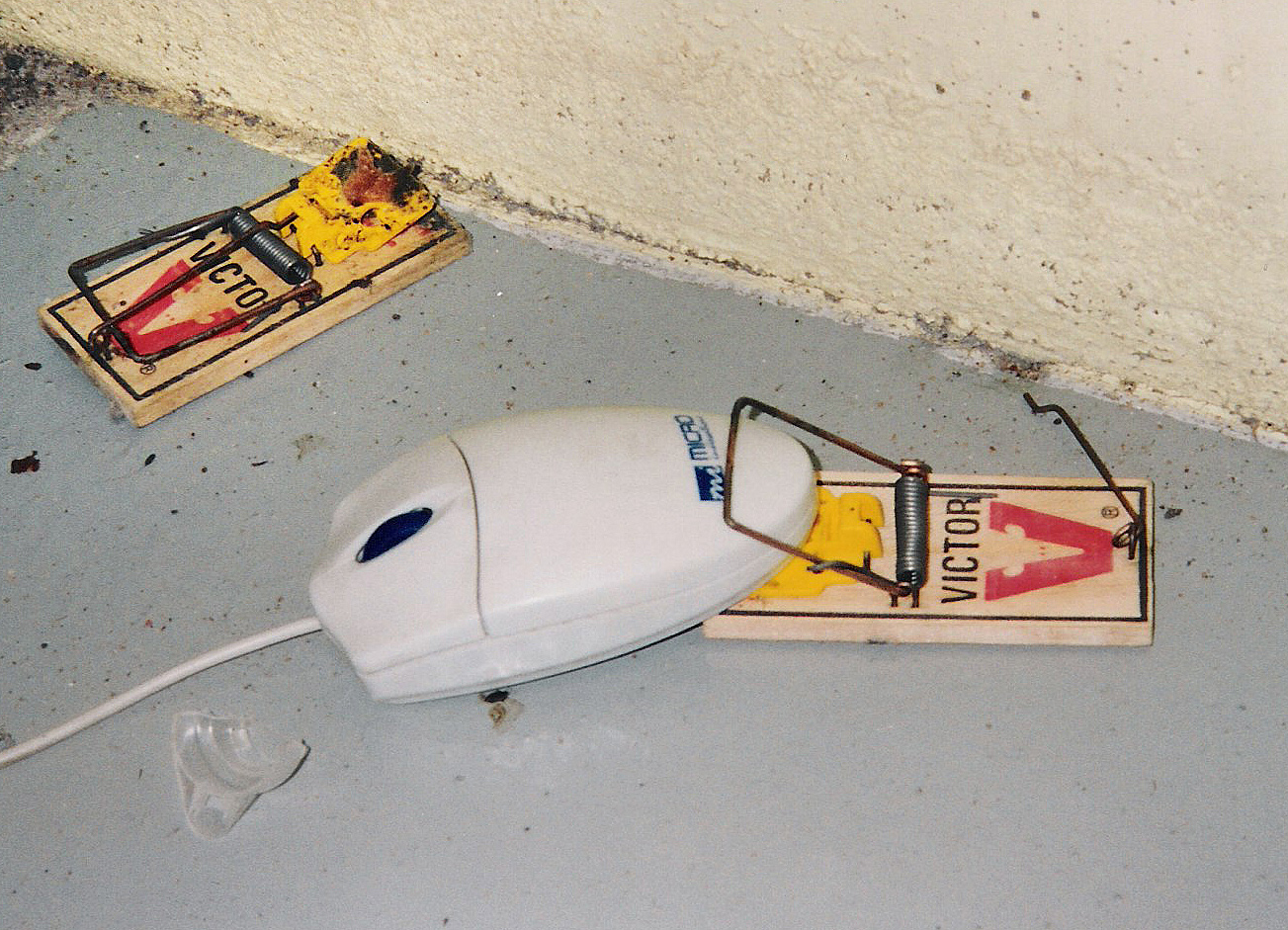
Stark IV Rules Create Traps For The Unwary – But Mediation Can Help
October 8, 2008
Fellow LexBlog powered blogger Todd Rodriguez, writing in the Physician Law blog, points out that the Centers for Medicare & Medicaid Services (“CMS“) recently made a number of substantial changes to the Stark self-referral regulations that may affect existing business arrangements of physicians, hospitals and their partners. Some of these changes went into effect on October 1, 2008, while others will take effect one year later. In particular, these changes include the following:
1. Physician owners of an organization are now deemed to “stand in the shoes” of that organization with respect to its financial relationship with a provider of services to whom patient referrals are made.
2. The definition of “entity” for purposes of Stark prohibitions has been expanded to include a person or entity who actually provides the service “under arrangements” with the person or entity who submits the claim for payment to Medicare.
3. “Per service/per click” and percentage based rent arrangements under space and equipment leases between physicians and entities to which they refer will be prohibited.
An earlier post by Michael Cassidy in another LexBlog product, the Med Law Blog, also discussed these and other Stark IV changes here.

Sometimes the agreements creating these financial arrangements will contain “unwind” or “renegotiation” provisions to address material changes in law and regulations. When the agreements are silent, the parties often have a mutual interest in renegotiation, although in some cases one of the parties may seek to escape from the deal entirely by claiming it is “void for illegality.”
Whether or not mandated by their agreements, the parties to a transaction thrown out of compliance by the new Stark regulations can often benefit from a mediated restructuring of their deal. As contrasted with a litigated solution (and many direct negotiations), the mediation process in this context offers confidentiality, speed and reduced legal expenses, while enabling the parties to control their own destiny. It also enables the Byzantine requirements of the healthcare regulatory scheme to be met effectively, while preserving the parties\’ relationship that extends beyond their monetary interests of the moment.
[Image:Computer mouse caught in a mouse trap, by Karen Rustad, October 18, 2005]
